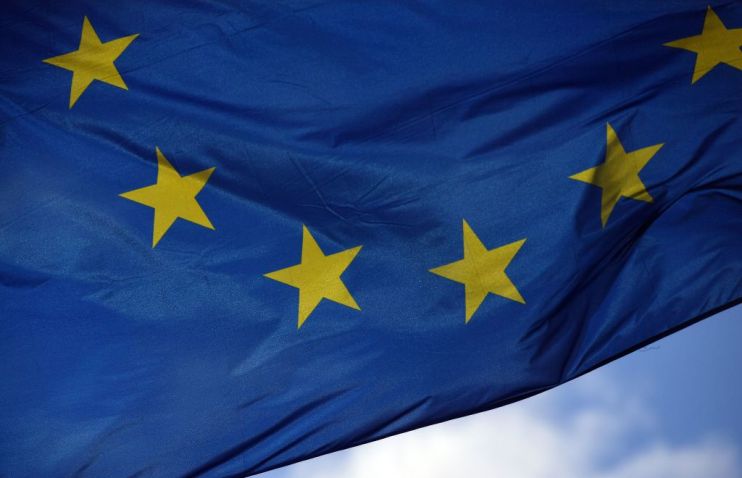EU imposes tougher AI and data rules to curb tech giants’ power

The EU has today proposed a raft of new artificial intelligence (AI) rules to curb the power of US tech firms, forcing them to share their data with smaller rivals.
The white paper, which is part of a wider digital programme released today by the European Commission, set out ways to limit the perceived dangers of technology by imposing tougher rules on AI and data sharing.
Read more: EU markets watchdog clashes with City regulator over post-Brexit trading rules
The commission has proposed creating a “single European data space” in which digital information can flow freely, similar to that used in other sectors such as financial services.
Particularly in areas where the market has failed, the whitepaper said it would consider making access to data “compulsory… under fair, transparent, reasonable, proportionate and/or non-discriminatory conditions”.
Sign up to City A.M.’s Midday Update newsletter, delivered to your inbox every lunchtime
The move is in reaction to previous bad practices of US firms such as Google, which has been fined a number of times by the commission for anti-competitive behaviour.
On AI, the commission said it sought to make the technology more ethical through the exploration of new regulations. This could include requirements to train AI on data that is representative of the population, and requiring businesses to keep records of how their AI systems were developed.
Citizens would also need to be made aware whenever they are dealing with an automated system, rather than with human beings.
A leaked draft of the white paper suggested the EU had previously considered a blanket ban on facial recognition technology in public areas.
John Buyers, head of International AI at law firm Osborne Clarke, said that while the EU’s focus on the societal impact of AI was “laudable”, the proposals did little to look at the potential positive impact on business.
The effect of the proposals on the UK will depend on whether the government decides to align with the bloc.
Buyers said that the UK is now faced with a unique opportunity to straddle the divide between a cautious EU approach, compared to “in the wild west US, [where] anything goes.”
He added: “There’s an argument that the UK could make more of the situation if it wasn’t tied to the same level of regulation.”
Get the news as it happens by following City A.M. on Twitter.
“Regulating a technology, rather than an industry, is not the norm,” said Gita Shivarattan, data protection counsel at law firm Ashurst.
“This is because bad behaviour is often not due to the technology itself but the way in which it is used. If they do look to do this, the challenge for the regulators will be to ensure they don’t inadvertently create barriers to innovation — a major consideration given the global competition between nations to encourage investment in innovation.”